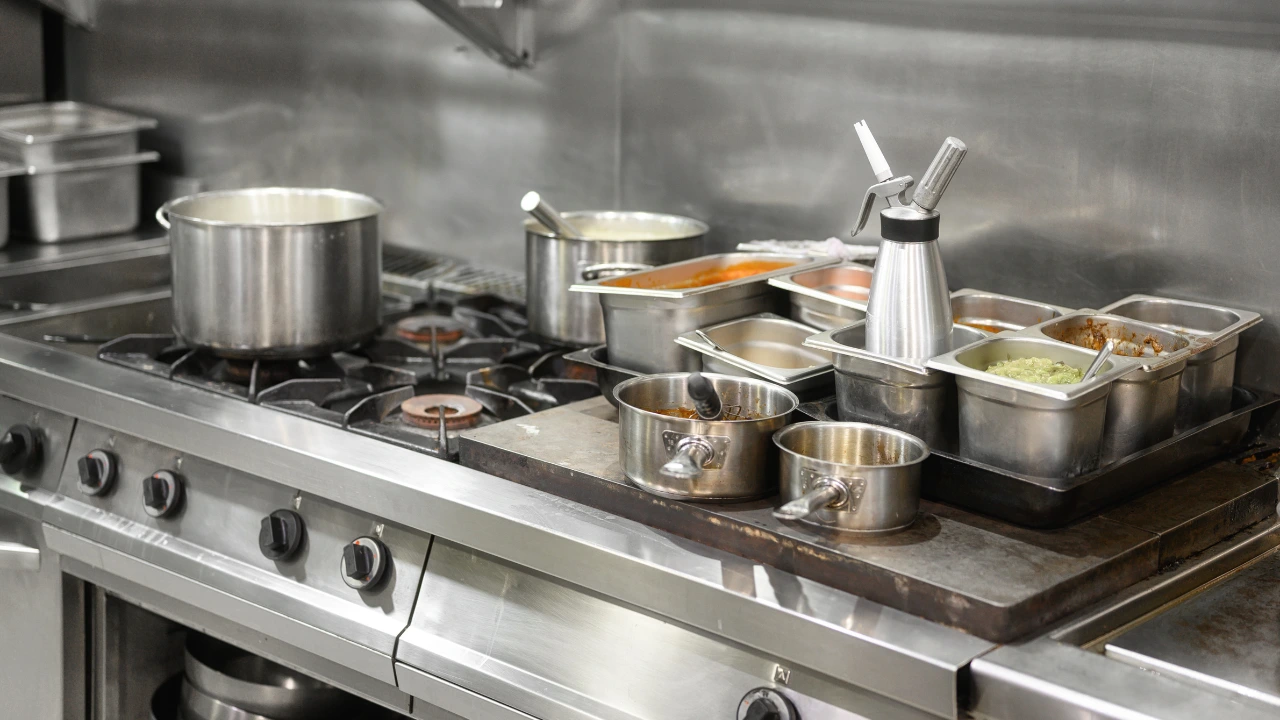
Avoiding Food Contamination: Pest Control Tips for Food Businesses
Last updated on September 4th, 2025 at 11:23 am
Food safety is a top priority for any food business. Whether you run a restaurant, a bakery, or a food processing plant, keeping pests out of your establishment is crucial to ensuring the health and safety of your customers. Pests such as rodents, cockroaches, and flies are common threats that can contaminate food, leading to health code violations, reputational damage, and financial losses. To help you maintain a pest-free environment, here are essential pest control tips for food businesses.
Essential Pest Control Tips for Businesses
1. Implement Strict Sanitation Practices
Good housekeeping is the first line of defense against pests. Keep your kitchen and food storage areas clean by:
- Regularly cleaning floors, counters, and equipment to remove food debris.
- Sealing garbage in tight-lidded bins and disposing of waste promptly.
- Storing food in airtight containers to prevent access to pests.
- Cleaning drains and sinks to prevent moisture buildup, which attracts pests like cockroaches.
- Avoiding clutter in storage areas to minimize hiding spots for pests.
- Using food-safe cleaning agents to sanitize surfaces effectively.
2. Conduct Regular Inspections
Routine inspections help identify potential pest issues before they escalate. Focus on:
- Checking for signs of pest activity, such as droppings, gnaw marks, and nests.
- Examining food storage and preparation areas for any vulnerabilities.
- Inspecting deliveries to ensure pests are not introduced through infested supplies.
- Looking for entry points in walls, floors, and ceilings that pests could use.
- Monitoring high-risk areas such as garbage disposal zones and food storage shelves.
3. Seal Entry Points
Pests can enter your facility through small gaps and cracks. Prevent their access by:
- Sealing holes in walls, floors, and ceilings.
- Installing door sweeps and weather stripping.
- Keeping windows and vents properly screened.
- Repairing leaks that may attract moisture-seeking pests.
- Using rodent-proof materials such as steel wool to block small openings.
- Ensuring all plumbing and utility entry points are sealed tightly.
4. Train Employees on Pest Prevention
Your staff plays a vital role in keeping pests at bay. Conduct regular training on:
- Proper food storage and waste disposal practices.
- Identifying early signs of pest infestations.
- Reporting pest sightings immediately to management.
- Following personal hygiene standards, such as washing hands before handling food.
- Keeping break areas clean to prevent attracting pests.
5. Work with a Professional Pest Control Service
Hiring a licensed pest control provider ensures effective pest management. A professional service can:
- Conduct thorough inspections and risk assessments.
- Implement tailored pest control solutions.
- Provide ongoing monitoring and preventive measures.
- Use eco-friendly and food-safe pest control methods to minimize risks.
- Offer emergency pest control services in case of sudden infestations.
At Environet Pest Control, we specialize in protecting food businesses from harmful pests. With over 24 years of expertise, we offer customized solutions that meet food safety regulations and keep your establishment pest-free. Visit Environet Pest Control to learn more. Hiring a licensed pest control provider ensures effective pest management. A professional service can:
- Conduct thorough inspections and risk assessments.
- Implement tailored pest control solutions.
- Provide ongoing monitoring and preventive measures.
- Use eco-friendly and food-safe pest control methods to minimize risks.
- Offer emergency pest control services in case of sudden infestations.
6. Follow Regulatory Compliance
Food businesses must comply with local food safety and pest control regulations. Ensure that your business:
- Adheres to hygiene and sanitation standards set by authorities.
- Maintains proper documentation of pest control activities.
- Undergoes regular health inspections to meet compliance requirements.
- Implements Hazard Analysis and Critical Control Points (HACCP) principles to mitigate pest risks.
- Keeps a log of pest sightings and actions taken to demonstrate proactive control.
7. Use Integrated Pest Management (IPM) Strategies
Integrated Pest Management (IPM) is a sustainable approach that combines multiple methods to prevent and manage pests. This includes:
- Identifying the specific pests that pose a threat to your business.
- Using biological control measures, such as introducing natural predators.
- Employing mechanical controls, like traps and barriers, to deter pests.
-
Minimizing the use of chemical pesticides and opting for targeted treatments when necessary.
Conclusion
Keeping pests out of your food business is crucial for safety and compliance. With good hygiene, proactive monitoring, and expert intervention, you can maintain a clean and pest-free environment.
At Environet Pest Control, we offer tailored pest management solutions to protect your establishment. Don’t let pests put your business at risk—schedule a consultation today!
